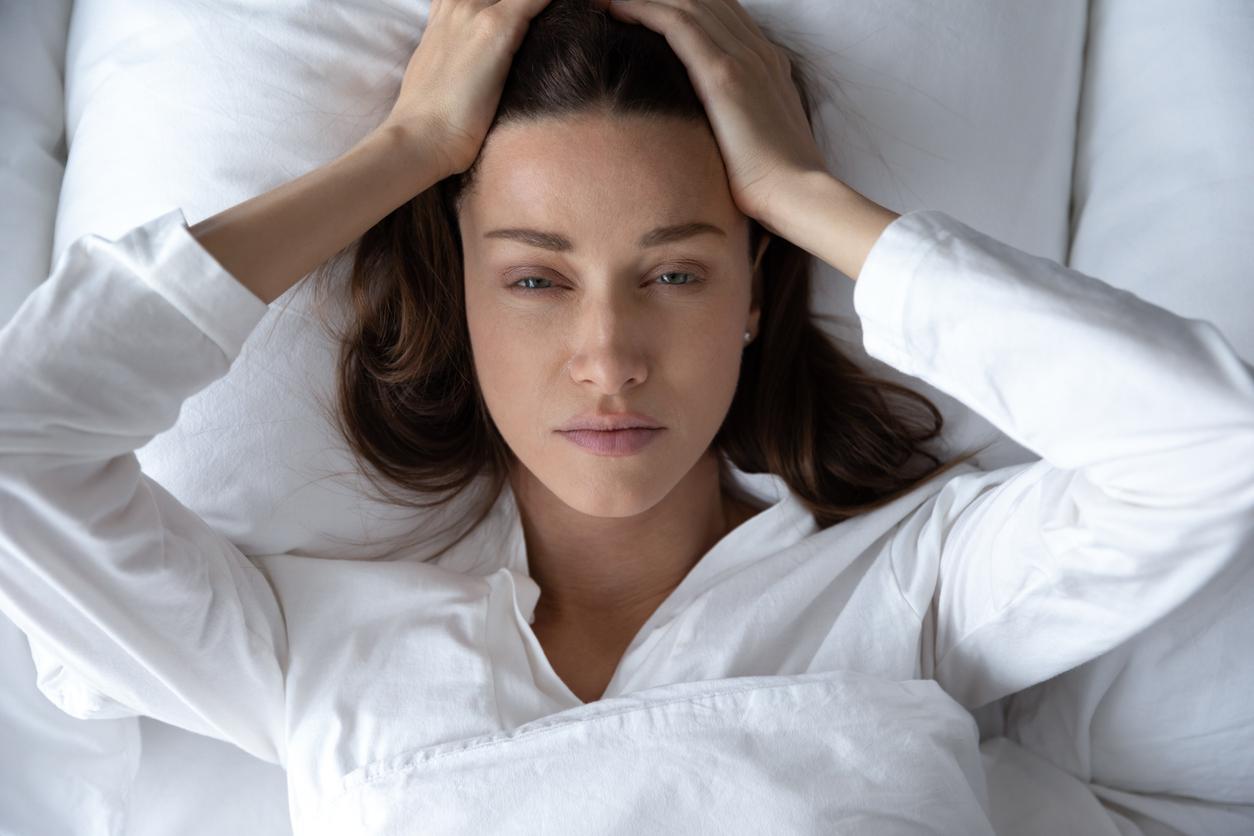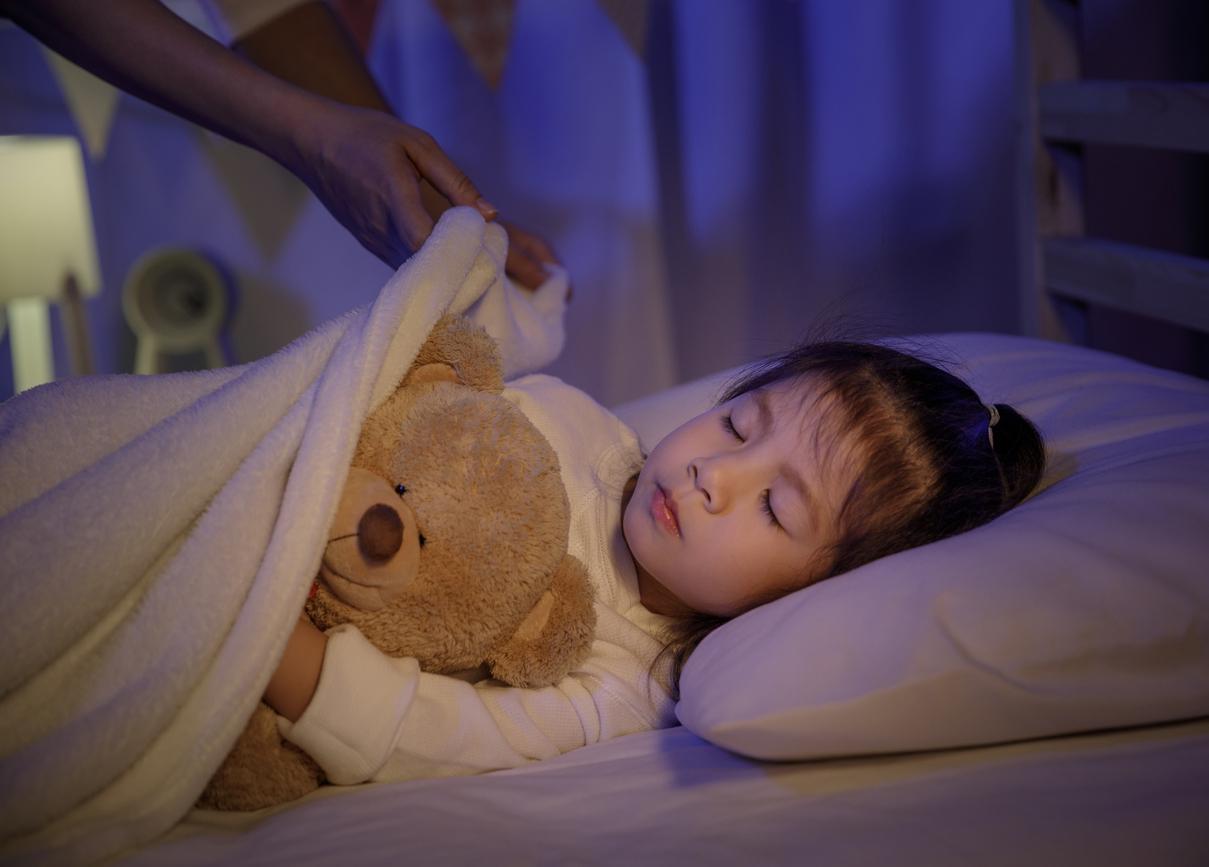Sleep disorders increase the risk of having migraines.

- Researchers have shown that sleep disorders increase vulnerability to migraine attacks.
- On the other hand, having a headache attack does not lead to an increase in sleep problems.
- The scientists add in their study that to combat migraines, it could be good to improve the quality and duration of sleep.
“We have known for quite a long time that there is a relationship between sleep and migraine”, recognizes Professor Frank Porreca, research director at the Comprehensive Center for Pain & Addiction at the University of Arizona. On the other hand, previous scientific work has never determined whether headaches lead to sleep disorders or vice versa.
To resolve the question, the expert and his team studied mice, because these animals have a sleep cycle similar to that of humans.
Lack of sleep: an increase in migraine attacks observed
For this study published in the journal Brain Communications, researchers assessed rodent sleep using electroencephalograms and visual observations. To create a state of fatigue and not stress in the mice, they placed new objects in their environment to encourage them to stay awake.
“It reminds me of how often teens are sleep deprived because they’re on their phones. Anyone who studies sleep will tell you: From a sleep hygiene perspective, you don’t want a device in the room you’re trying to sleep in”, explains Professor Porreca. And in fact, like young people, the little creatures, curious, would examine the new accessories rather than sleep.
By tracking animals that hadn’t gotten enough sleep, researchers confirmed that they were more likely to experience migraine-like pain. On the other hand, those who had headaches did not see their sleep disrupted.
“Our data reveal that although migraine-like pain does not significantly disrupt sleep, sleep disruption increases vulnerability to migraine-like pain, suggesting that a therapeutic strategy focused on improving sleep can reduce migraine attacks”conclude the authors in their article.

Sleep: how to improve it to reduce the risk of headache?
Migraine attacks most often occur early in the morning.“The prevalence of migraine is heavily female – it is 3 to 1 between women and men – and almost all women are of childbearing age. Many people with migraine probably have children. They wake up with an attack of migraine and are immediately stressed. They don’t have time to take care of themselves, they have to get the kids ready for school and get ready for work. This migraine attack occurs at the worst time of the day “recalls Professor Porreca in a communicated.
The solution to reducing the frequency of migraine attacks, according to him? We need to improve the quality and duration of sleep. He takes advantage of his study to remind people of the right actions to sleep better. It is recommended to limit the use of electronic devices before going to bed, to get up and go to bed at regular times and to have a healthy lifestyle.















